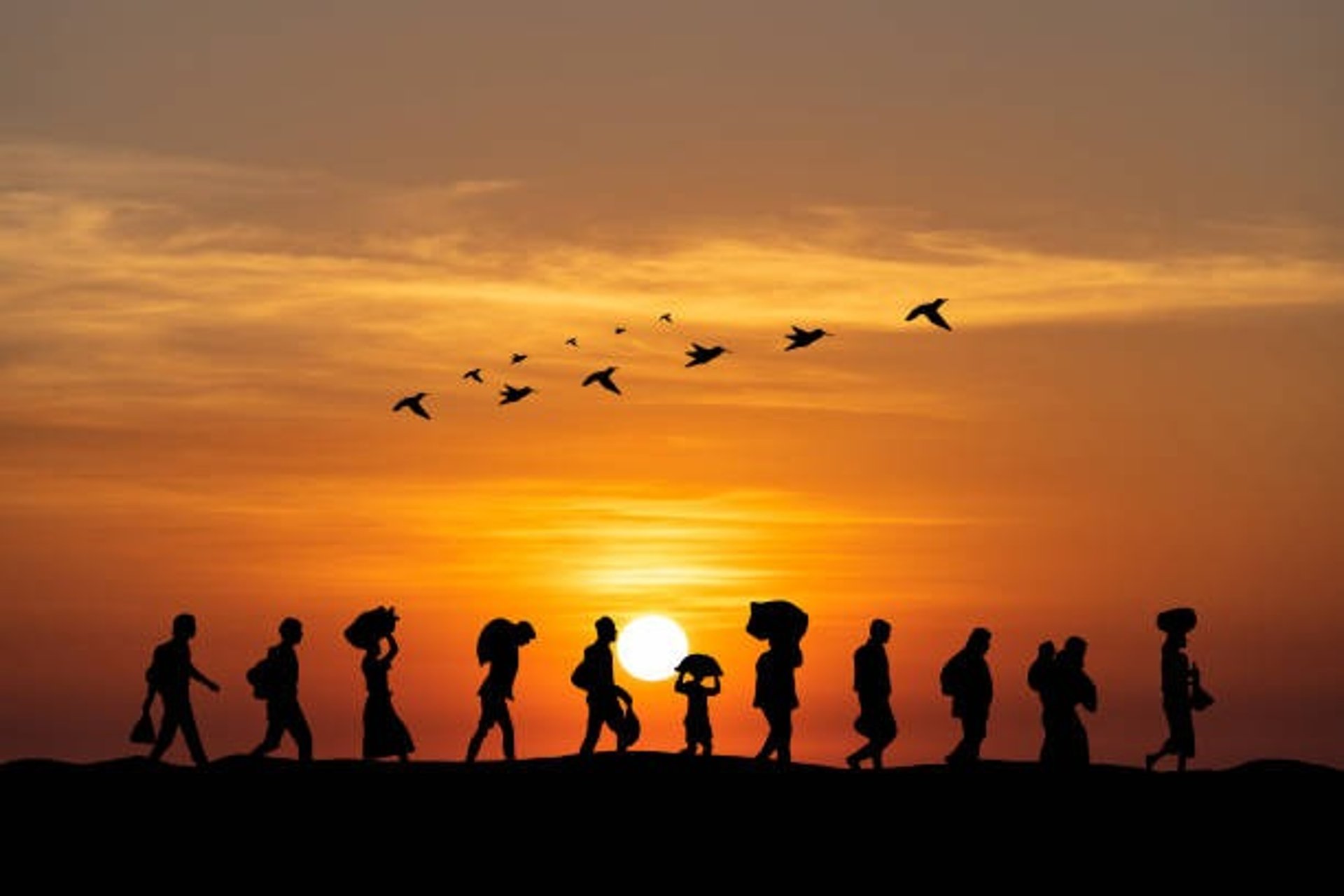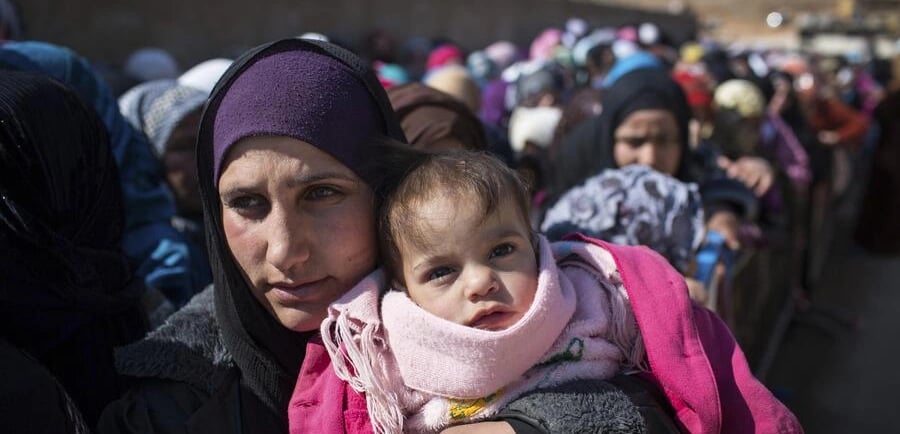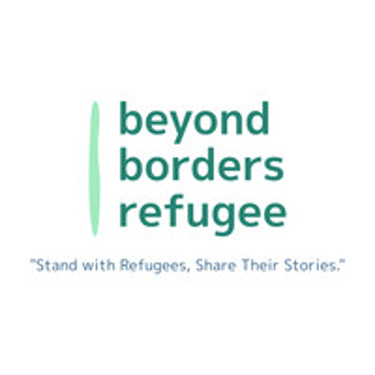
Beyond Borders Refuge: is a platform dedicated to amplifying refugee voices, sharing their stories, and fostering solidarity. Explore real experiences, raise awareness, and be part of the change!
Refugee Women: Struggles, Resilience, and Solidarity
Today, on March 8th, International Women’s Day, it’s a time to celebrate the ongoing fight for women’s rights, freedom, and equality around the world. However, we must not forget the unique and often overlooked struggles that refugee women face, who are forced to flee their homes due to war, violence, poverty, and persecution. These women are not only displaced physically, but also socially, emotionally, and economically. Their fight for dignity and survival is a story of resilience and strength. So, what are the key challenges refugee women face in their new homes, and how can we offer support? Challenges Faced by Refugee Women Refugee women don’t just experience a physical displacement. They encounter numerous social and economic barriers that make their journey even harder. These challenges are not just related to the refugee experience itself but also to gender-based inequalities they face. Gender-Based Violence and Discrimination: Refugee women often face gender-based violence, abuse, and harassment as they settle into new communities. According to UNHCR, over 70% of women in refugee camps have been victims of sexual violence (UNHCR, 2020). These women often face stigma and fear to speak out, and they continue to endure violence in silence. Educational and Economic Barriers: Many refugee women face significant challenges in accessing education and employment. OECD reports show that over 50% of refugee women are excluded from education and job opportunities (OECD, 2019). Language barriers, cultural differences, and lack of recognition of foreign qualifications hinder their economic empowerment. However, when they receive support, their ability to build self-sufficiency and contribute to society is significantly increased. Health and Psychological Support Gaps: The trauma from fleeing violence and the struggle to adapt to a new country often results in psychological distress for refugee women. According to WHO, refugees face immense health challenges, including lack of access to psychological care and physical healthcare (WHO, 2020). Refugee women experience higher risks of mental health disorders, particularly due to the trauma they have endured. Resilience and Strength of Refugee Women Despite these overwhelming challenges, refugee women continue to be a source of strength, hope, and resilience. They not only survive but also thrive in the face of adversity. Many refugee women have proven that, with support, they can contribute significantly to society. For instance, many refugee women pursue education, establish their own businesses, work in healthcare, and lead social initiatives that benefit both their own communities and the larger society. According to UN Women, as refugee women become economically empowered, they contribute to the social and economic development of their communities (UN Women, 2018). These women are not only survivors but also agents of change, offering hope and inspiration to others. Solidarity and Support: How Can We Help Refugee Women? To ensure refugee women have the chance to rebuild their lives and make valuable contributions, we must stand in solidarity with them and provide the support they need. Here are some ways we can help: Providing Education Opportunities: By offering language courses, vocational training, and educational programs, we can facilitate refugee women’s integration into their new communities and help them gain economic independence. Health and Psychological Support: We need to ensure that refugee women have access to healthcare, including mental health services, to address the trauma and distress they have experienced. Building Women’s Solidarity Networks: It’s vital to create networks that allow refugee women to connect, share experiences, and provide mutual support. These networks empower them and help break the isolation that many experience. Conclusion: Equality and Rights for All Women On this International Women’s Day, we must also acknowledge the struggles of refugee women and commit to supporting them. Every woman has the right to live a life of dignity and respect. Refugee women are not only defined by the trauma they have faced but by their incredible resilience and strength. Together, we can ensure that refugee women are not left behind, but rather empowered to build better futures for themselves and their families. International Women’s Day is not only a time to reflect on women’s rights but also a chance to stand in solidarity with refugee women and commit to a more equal world for all. Let’s extend our hands to refugee women, together we can create a stronger world! Sources: UNHCR (2020). "Gender-Based Violence in Refugee Settings: An Overview." OECD (2019). "Migrant Women and the Labor Market: Barriers and Opportunities." WHO (2020). "Mental Health and Refugee Crisis: Challenges and Solutions." UN Women (2018). "Refugee Women: Economic Participation and Leadership."
3/8/20251 min read


